Welcome to the second CPHC 20 x 20 Event 5.30pm
Doors open and a 20 x 20 welcome / John GraysonTo book a free ticket go to Eventbrite
PROGRAMME
BARRY MCKAY: This is where I fell asleep: some thoughts on printed book-markers. Barry is a bookseller specialising in the arts and history of the book and also a book historian with particular interests in decorated paper and the history of the book trades in the Northern Counties of England. His publications include Patterns & Pigments in English Marbled Papers (1988), A Pretty Mysterious Art (1996) and An Introduction to Chapbooks (2003). He gave the Gryphon Lecture in Book History at the Thomas Fisher Rare Book Library, Toronto, 2005. He is presently engaged in writing a history of the shepherds guides of Cumbria.
JOHN TOWNLEY: Mapping Sheep Street: now you see it, now you don't. John is an independent researcher working on the early use of rotary steam power, especially in Birmingham. His interest in Birmingham's early town maps arose from a need to understand the geography of its developing steam-powered industry.
ZENAB BASTAWALA: The Freedom Type. Zenab pockets many sorts of type-related synonyms*. She holds a multi-script and multi-lingual approach while teaching typography and design at Srishti Manipal Institute of Art, Design and Technology. She founded 'Thinking Letterforms' - a print lab at Srishti, where she conducts typesetting studios and workshops—it focuses on typography theory, book typography, printed text and elaborates on printing techniques from hot metal to cold type. As a sign collector, she curates 'Sign Walks,’ an online platform that looks into urban signages through the context of typography. Zenab speaks at international events about her research in printed type in type specimens, typography and metal type.
GERALDINE MARSHALL: An extraordinary seat for the muses. Geraldine teaches Graphics and Inclusive Design at Birmingham City University. Her PhD titled, Graphic DNA: Towards a Taxonomy of Environmental Lettering produced a classification system – The Marshall Taxonomy of Environmental Lettering (MTEL) which enables an objective approach to studying, describing, and analysing environmental lettering. As part of her post-doctoral study Geraldine is working towards transferring the MTEL onto a digital platform to allow other practitioners, researchers, and sign enthusiast to expand their sign/lettering research. Geraldine will be introducing newly formed digital Birmingham Sign Museum + Archive CIC. Along with expanding the MTEL the BSM+A seeks to ensure the conservation, education and public engagement with British signage, whilst celebrating the historical and contemporary significance of the art of making signs.
JOE SAUNDERS: Stationers' Wills 1600-41. Joe has just started a part-time PhD at the University of York researching a social history of the English print trade c.1557-1666 using wills. He is interested in all aspects of the trade from material culture to networks of credit. In his masters he carried out Social Network Analysis on wills of members of the Stationers’ community in London during the 1620s and 30s. His first publication, which comes from this research, is a chapter on female agency within the Stationers’ social network and is due for publication in 2021.
Yvonne Jones: Imitation to innovation: the Midlands japanning industry. Yvonne has a degree in Fine Art and taught in schools and colleges before joining the museums profession. Her interest in industrial japanning developed when, first as Keeper of Applied Art, and then as Head of Arts & Museums in Wolverhampton, she researched and extended the town’s collection of papier mâché and tinware. She left her post in 1994 and is now an internationally regarded authority on the subject. Her book, Japanned Papier Mâché and Tinware c.1740–1940, was published in 2012.20 x 20 is a live social event, so if you fancy a beverage while you listen (or even present) feel free!. Or, if you just want to listen then put the date in your diary and come along.
Want to test the water with a new research idea? Get some experience of presenting in a non-pressured context? Or just want to be part of a ‘social event’? The try CPHC’s 20 x 20 Night! Presentation format: 20 slides x 20 seconds and narrate over the top; 400 seconds to tell your story; i image per slide and no text; pre-set 20 second transitions on slides AND no dry script reading, trust you know your stuff.

